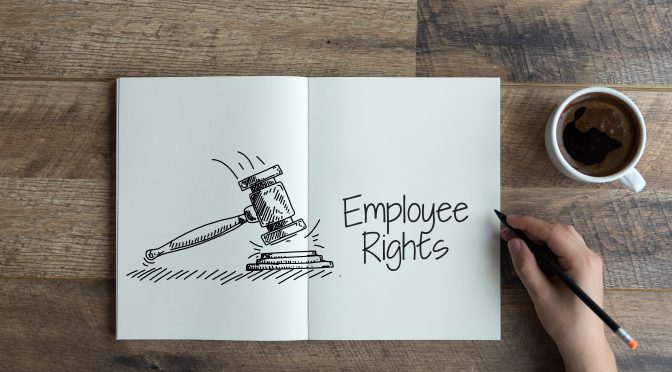SCARY TALES OF ESTATE PLANNING GONE WRONG
10.31.2023 Written by: Henningson & Snoxell, Ltd.

It’s that time of the year again, Halloween. With that brings trick-or-treating, costume parties, visits to the pumpkin farm, haunted houses, and scary movies. These things don’t necessarily trigger thoughts about estate planning, but it is a great time of year to remind people of horror stories that can transpire from not having a proper estate plan in place.
Most people I meet with regarding estate planning tell me they have a “simple estate,” “everyone gets along,” “there won’t be any issues,” or “we don’t need those documents because we have all talked about what will happen.” My usual response is, “I would love to show you all the files of people who said the same things and then because they didn’t have adequate estate plans, left scary situations for their families to navigate.”
Some nightmares I have seen develop from improper estate plans include:
- Using a health care directive in lieu of a Will, which lead to a family dispute over who should receive assets;
- Telling a child he would get the family cabin (because “we talked to our kids about it”) but not putting it into writing, leading to years of litigation;
- Writing changes/edits on a Will (rather than executing a Codicil), thereby invalidating the document because it could not be determined who actually wrote on it; and
- Creating a Revocable Trust but not actually funding the Trust with assets, thereby forcing the family to do a costly probate.
We often hear about celebrities and the battles that ensue after their deaths. The horror stories that develop from these situations should give everyone cause to update their estate plan.
- Here in Minnesota, we are all aware of Prince’s situation. Prince died intestate in 2016, meaning without a will or trust. Many people came forward to claim the estate as Prince’s heir or as a creditor. As of the writing of this blog, the probate case in Carver County is still open. This has cost the Estate thousands, if not millions, of dollars. A will or trust identifying who his heirs were would have saved lots of attorney time and dollars.
- Larry King died in 2021. Two years prior to his death, he wrote a note that he wanted his estate divided between his children. A battle ensued between his wife (from whom he was divorcing) and his children. This horror story situation can often develop between a surviving spouse and stepchildren if estate planning is not done properly. Years and years of costs and litigation can result.
- Marilyn Monroe is a horror story of not taking tax planning into account when she prepared her estate plan. Her probate took 39 years, and half of her estate was paid to the IRS in estate taxes, not to mention the person administering the estate made over $30 million.
This is, of course, just a brief look at scary situations that can develop from improper or no estate planning. Knowing these horror stories should give everyone a reason to start their estate planning or check if their current plans need a refresh.
If these estate horror stories have spooked you into working on your estate plan, please contact our office to schedule an appointment.










 Subscribe
Subscribe Subscribe
Subscribe







